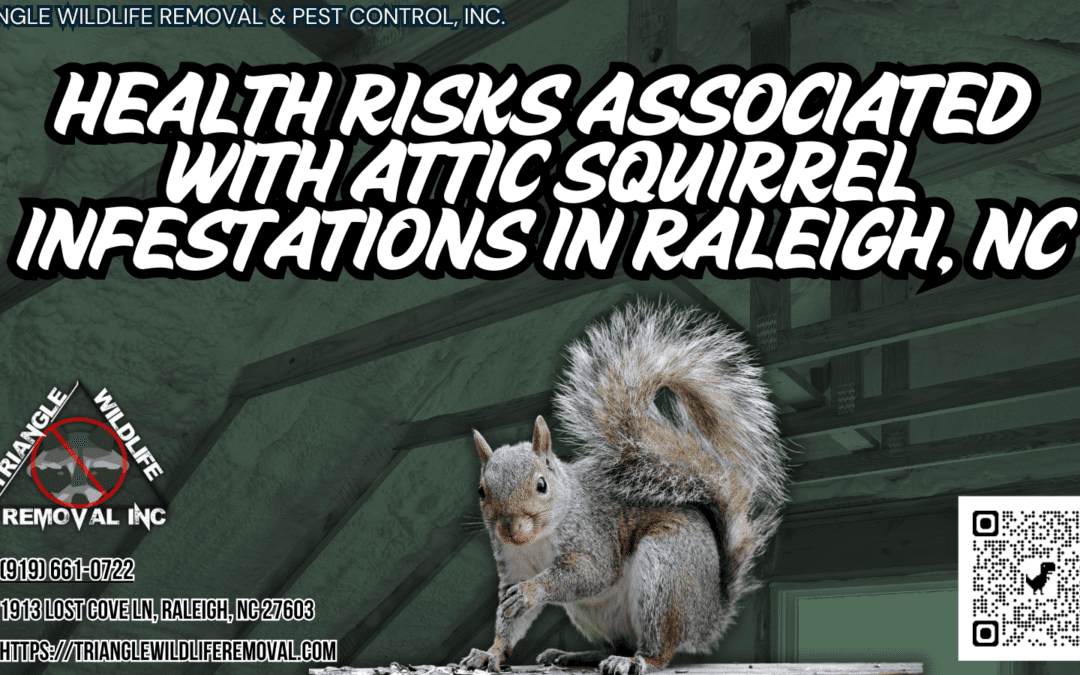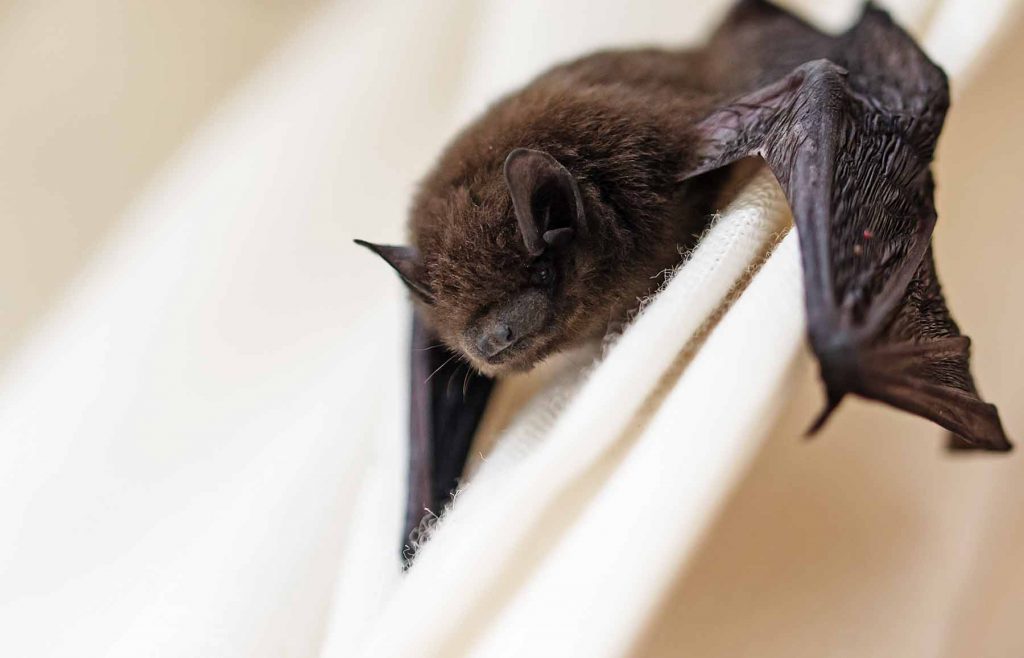Attic squirrel infestations may pose significant health risks that go beyond structural damage. These rodents can transmit diseases, create fire hazards by gnawing on electrical wires, and trigger allergies and respiratory issues through their droppings and dander. Additionally, squirrels can harbor parasites that can further exacerbate the situation. Understanding these risks is crucial for homeowners to protect their health and property.
Key Takeaways
- Attic squirrel infestations can lead to structural damage, compromising the integrity of the building.
- Squirrels pose health risks by transmitting diseases like leptospirosis and salmonellosis to humans.
- Fire hazards increase due to squirrels gnawing on electrical wires and nesting near heat sources.
- Allergies and respiratory issues can worsen from squirrel droppings, urine, and nesting materials in attics.
Structural Damage
Attic squirrel infestations can lead to significant structural damage in homes, compromising the integrity of the building. One of the primary concerns is insulation damage. Squirrels tend to tear up insulation materials to create nests, leaving gaps and thin spots that reduce the energy efficiency of the house. This can result in increased heating and cooling costs for homeowners. Moreover, the destruction of insulation can create an entry point for moisture, which may lead to mold growth and further deteriorate the indoor air quality.
Additionally, wood decay is a common issue caused by squirrel infestations. Squirrels have a habit of gnawing on wooden structures like beams, rafters, and support joists. This constant chewing can weaken the wood over time, potentially leading to structural instability and posing safety hazards. Addressing these concerns promptly is crucial to prevent extensive damage and costly repairs. Inspecting the attic regularly for signs of squirrel activity and addressing any infestations promptly can help mitigate these risks and preserve the structural integrity of the home.
Disease Transmission
A squirrel infestation in the attic can pose health risks to occupants through the transmission of diseases. Squirrels can carry various zoonotic diseases that can be harmful to humans. To mitigate these risks, it is essential to focus on prevention measures and proper rodent control.
Health Risks Associated with Disease Transmission:
- Zoonotic Diseases: Squirrels can transmit diseases such as leptospirosis, tularemia, and salmonellosis to humans.
- Prevention: Implementing preventive measures like sealing entry points and keeping the attic clean can help reduce the risk of disease transmission.
- Rodent Control: Utilizing traps or enlisting professional pest control services can help in controlling squirrel populations in the attic.
- Sanitation: Maintaining proper sanitation in the attic space by removing nesting materials and droppings can minimize the spread of diseases.
Fire Hazards
Occupants of properties with squirrel infestations in the attic face additional risks beyond disease transmission, as these rodents can also create fire hazards within the enclosed space. Squirrels are notorious for gnawing on objects to control the length of their teeth, and unfortunately, this includes electrical wiring in attics. The gnawing of wires poses a significant risk of electrical hazards and can lead to short circuits, sparking, and potential fires. Moreover, squirrels may build nests using flammable materials near heat sources, increasing the likelihood of fire outbreaks. In addition to the fire risks, the accumulation of debris from squirrels in attics can result in smoke damage to the property if a fire does occur.
| Fire Hazard Factors | Potential Consequences |
|---|---|
| Electrical hazards | Short circuits, fires |
| Smoke damage | Property destruction |
| Insulation contamination | Reduced efficiency, fire risk |
| Odor control | Lingering smells, air quality issues |
It is crucial for property owners to address squirrel infestations promptly to mitigate these fire hazards and protect the safety of occupants.
Allergies and Respiratory Issues
Property owners should be aware that squirrel infestations in attics can contribute to allergies and respiratory issues among occupants. When squirrels take up residence in attics, they bring with them a host of health concerns related to indoor air quality and asthma triggers. Here are some ways in which squirrel infestations can impact the health of individuals living in the affected property:
- Droppings and Urine: Squirrels leave droppings and urine in attics, which can lead to the spread of allergens and pathogens through the ventilation system.
- Dander and Hair: The presence of squirrel dander and hair in the air can exacerbate respiratory issues in individuals with allergies or asthma.
- Nesting Materials: Squirrels use various materials to build their nests, which can further contaminate the indoor air quality and trigger allergic reactions.
- Mold Growth: Squirrel infestations can create conditions conducive to mold growth, which can worsen respiratory problems and overall indoor air quality.
Property owners should promptly address squirrel infestations to mitigate these health risks and ensure a safe living environment.
Parasitic Infestations
Squirrel infestations in attics can introduce the risk of parasitic infestations, posing additional health concerns for individuals residing in the affected property. These infestations can lead to the presence of parasites such as fleas, ticks, and mites that are commonly carried by squirrels. Parasites can spread diseases to humans through bites, feces, or direct contact, potentially causing health issues ranging from skin irritations to more severe illnesses. Wildlife control and pest management are crucial in addressing parasitic infestations associated with squirrel infestations. Professional wildlife control services can help remove squirrels from the attic, reducing the risk of parasites entering living spaces. Additionally, pest management strategies can target and eliminate parasites, safeguarding the health of individuals in the home. To prevent parasitic infestations, it is essential to address squirrel infestations promptly and implement measures to secure attics against wildlife intrusion. Regular inspections and maintenance can help identify and mitigate potential risks, promoting a healthier living environment.

